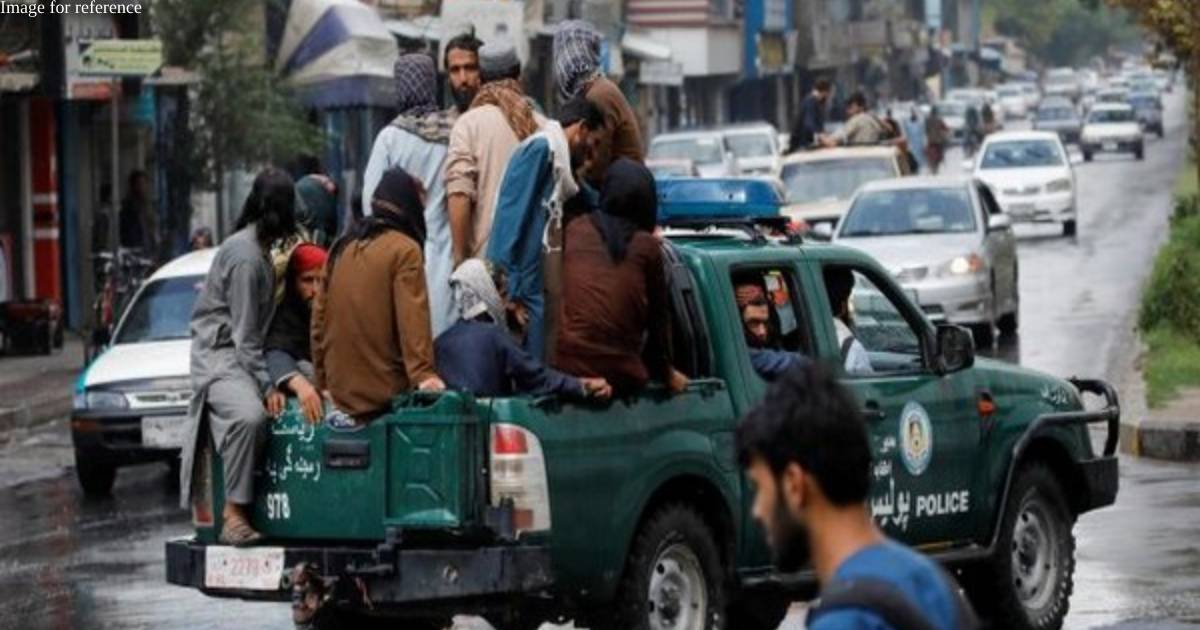Latest News
ISIS-K has expanded its reach across Afghanistan: Report

Kabul: In the months after the Taliban seized national control, the Islamic State-Khorasan (ISIS-K) has mangaed to expand its reach to nearly all of Afghanistan's provinces.
This was stated by the U.N. mission in Afghanistan in November, reported The Washington Post. ISIS-K has also stepped up the tempo of its attacks, carrying out suicide bombings, ambushes and assassinations. It has claimed 224 attacks in Afghanistan since August 2021, 30 of which were considered significant, according to SITE Intelligence Group, a non-profit that monitors terrorist groups.
A bomb blast that killed at least 21 worshipers, including an influential cleric, and injured more than 30 others in Afghanistan's capital during evening prayers on Wednesday evening, according to Taliban officials and residents, has renewed focus on the threat to the Taliban posed by Afghanistan's Islamic State affiliate.
Residents of the Khair Khana area of Kabul told The Washington Post that the prayer leader who was killed, Amir Mohammad Kabuli, was an outspoken preacher unaffiliated with any one faction.
No group has claimed responsibility for Wednesday's blast, but it came a week after the ISIS-K, a rival of the Taliban, claimed responsibility for a bombing that killed Rahimullah Haqqani, a prominent Taliban-linked cleric.
ISIS-K began operating in Afghanistan in 2015. It was started by Pakistani national Hafiz Saeed Khan, who had pledged allegiance to then-Islamic State leader Abu Bakr al-Baghdadi in 2014.
Originally consisting mostly of Pakistani militants and based largely in the eastern Afghan province of Nangahar, it drew some recruits from the Taliban and other extremist groups.
The Islamic State follows a version of Salafism, an ultraconservative movement in Sunni Islam. In Afghanistan, the Hazaras, a Shiite minority group, have been frequent targets of ISIS-K attacks.
ISIS-K is led by Sanaullah Ghafari, also known as Shahab al-Muhajir, who is reported to be in eastern Afghanistan, according to the United Nations.
The Taliban has a history of close ties with Al-Qaeda, a rival to the Islamic State. Though Taliban leaders pledged in a 2020 agreement with the United States to prevent Afghanistan from becoming a haven for terrorist groups, the killing of Al-Qaeda leader Ayman al-Zawahiri in a US drone strike in Kabul last month seemed to indicate ongoing ties between the groups, reported The Washington Post.
Before the Taliban takeover, the United Nations estimated that ISIS-K had some 1,500 to 2,200 fighters in Konar and Nangahar provinces, along with smaller cells in other parts of the country. Islamic State leaders, who think the Taliban is not sufficiently extreme, denounced its victory last year.
Late last year, the core Islamic State group gave USD 500,000 in new funding to ISIS-K, according to the UN monitoring team. A Taliban intelligence official acknowledged in the fall that his group's fight to overthrow the US-backed Afghan government allowed many Islamic State prisoners to escape. (ANI)

.jpg)
.png)
.png)
.png)
.jpg)

.jpg)
.jpg)
.jpg)
.jpg)
.jpg)

.png)
.png)
.png)
.png)
.jpg)
.jpg)
.jpg)
.jpg)
